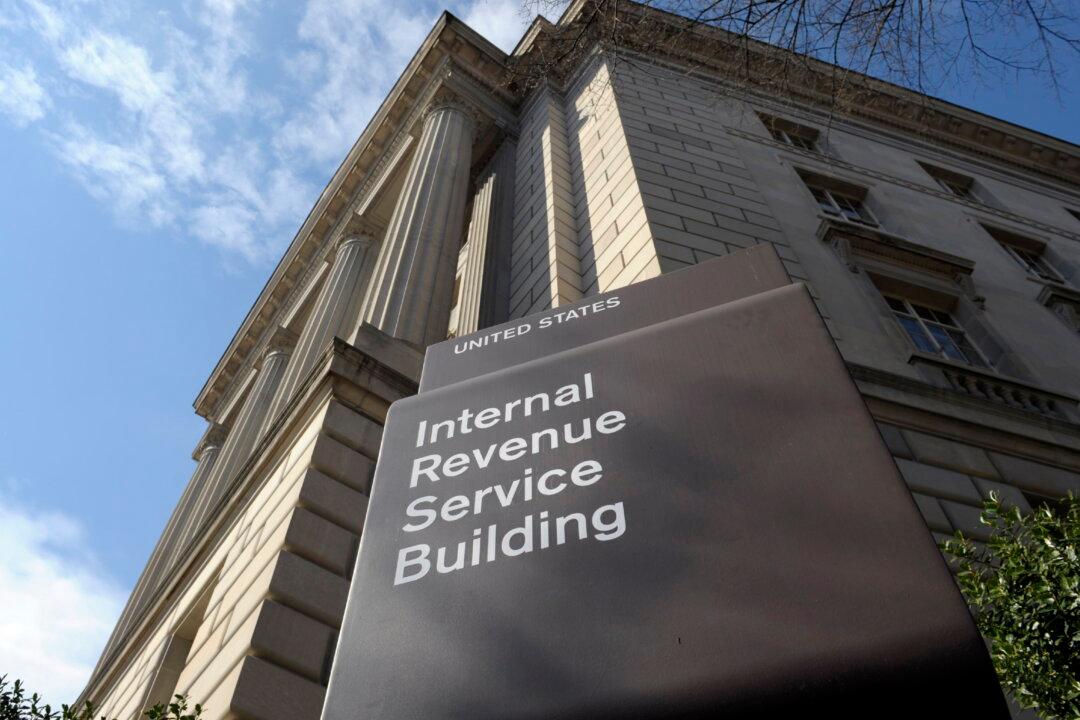The U.S. federal government has collected record high taxes exceeding $2 trillion during the first half of the fiscal year, from October 2021 to March 2022, according to the Bureau of the Fiscal Service.
In the first six months of fiscal year 2022, which began Oct. 1, 2021, tax collections totaled $2.12 trillion, up over 24 percent from $1.7 trillion collected during the same time the previous year, according to data from the agency. On a monthly basis, the $315.17 billion collected in March 2022 was 8.72 percent higher than February’s collection of $289.89 billion and 17.77 percent more than the $267.61 billion collected in March 2021.





